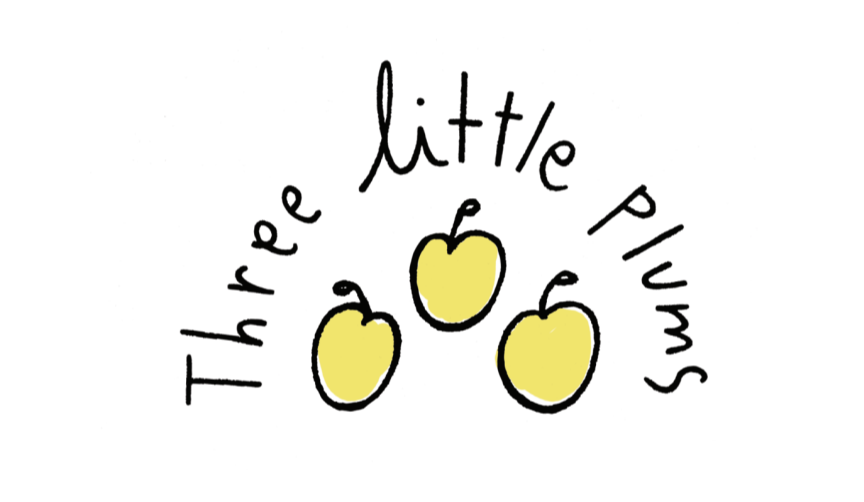Beyond the Headlines: BPA Found in Most Canned Foods Nationwide: Why This Is A Big Deal & How To (Really) Stop Exposing Your Family to BPA

BPA is in the news again. That infamous chemical, bisphenol A, has been found in over 67% of nearly 200 food cans, according to a new report published this week. Basically, if you and your family buy canned food you are probably ingesting BPA, since some of the world's largest producers of canned foods were found to use BPA in their can linings.
The worse offenders?
Campbell's: Every single one of the Campbell’s Soup cans analyzed in the report tested positive for BPA. *
General mills: 71% of their cans tested positive for BPA
Private labels: store private labels were among the worse offenders including: Albertsons ( 50% tested positive) Target ( 100% positive) Walmart ( 88% positive) and Family Dollar (83% positive)
Delmonte: 50% ( includes Progresso and Green Giant) of their cans tested positive for BPA (According to Fortune Magazine, Del Monte will move away from #BPA packaging starting with the company’s fruit and tomato products, and nearly 100% of its vegetable products in May)
McCormick & Company ( Thai Kitchen) and Nestle: While only 3 cans were tested from each of these brands, all 6 tested positive for BPA
Goya Foods, Empire Company, Ocean Spray Cranberries, Vilore Foods: similarily, only 2 cans from each of these smaller companies were tested, but all found to have BPA
What cans are safe? The good guys - no BPA found in their can linings
Amy's Kitchen cans have no BPA in their lining and are labelled as such so that the consumer knows!
Amy's Kitchen
Annie's Homegrown
Hain Celestial Group
Conagra
All these brands have successfully taken BPA out of their canned goods and have disclosed the substitute they are using.
So, if you avoid most canned foods, are you in the clear? Can you protect your family from BPA by avoiding canned foods that contain BPA lining?
Unfortunately, no. But you can take steps to seriously reduce your exposure to this toxic chemical.
Here is a little BPA tutorial:
Is my family exposed to BPA?
Yes. Even if you actively avoid BPA, you are still probably in contact with it every single day.
Where is BPA found? In addition to canned foods, BPA is found in:
Rigid clear plastics (toys, food containers, household products, water bottles etc)
canned foods and some baby formula linings
dental sealants
thermal store receipts
Why is BPA bad for us?
According to studies (hundreds around the world) , even at very low doses, BPA exposure has been linked to a number of adverse health effects, including breast and prostate cancer, early puberty, infertility, obesity, and behavioral problems, lowered sperm count, miscarriage, diabetes, and altered immune system.
As an estrogen mimicking chemical, constant BPA exposure through a long period of time will disrupt the endocrine system. Estrogen has been linked to breast cancer and thus the belief is that if a baby girl is exposed to estrogen from the moment of conception and throughout her childhood and life, this excess estrogen could potentially make her more likely to develop breast cancer.
How can I reduce my family's exposure to BPA?
Canned foods: Preferably, choose fresh or frozen food or food that comes in glass containers. Only buy canned food labeled as 'BPA free' from companies (listed above) that have disclosed the alternative to BPA that they are using. Some BPA alternatives are just as bad as BPA.
Plastics: Avoid plastics (especially those labelled as #7). BPA free plastic is not necessarily a safe bet, Instead, choose glass or stainless steel. Use caution when purchasing plastic toys for young children, since they tend to place toys in their mouths. Opt for toys made in Europe or USA of wood or fabric.
Receipts: Opt out. Don't touch store receipts (its better for the environment too) and if you have to wash your hands afterward. Do not allow young children to touch store receipts.
Use your consumer power: Parents like us have a lot of power. We can force changes on corporate America by using our wallets. A great example is Campbell's which announced, just before this report was published, that they are eliminating BPA in North American cans by mid- 2017. However they have not mentioned what substitute chemical they will be using, nor have they specified if this will be a global move or local. According to the Breast Cancer Fund, Campbell's has made similar claims before and have never followed through - hopefully this time it will be different, but in the meantime avoid their products because ultimately, if parents everywhere stop buying BPA lined cans the companies that make them will be forced to switch to safer products.
Contact your Senators and tell them to require labelling of food packaging that contains BPA - because we have the right to know what comes into contact with our food! Sign EWG's petition right now- it takes less than a minute!
Finally, here is a great video explaining more on the recent study
